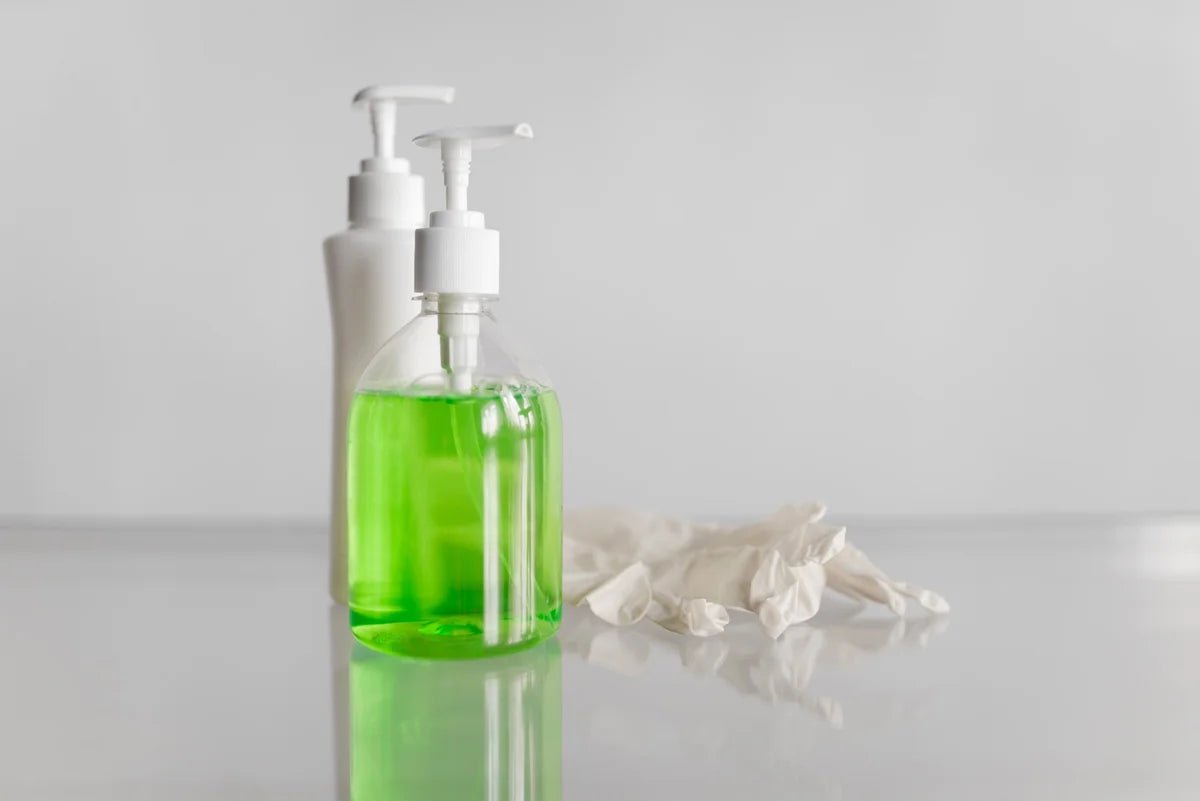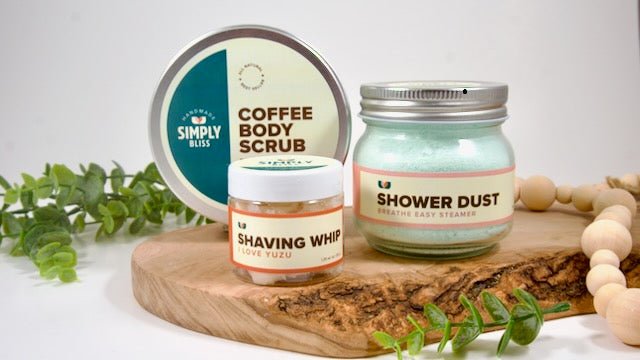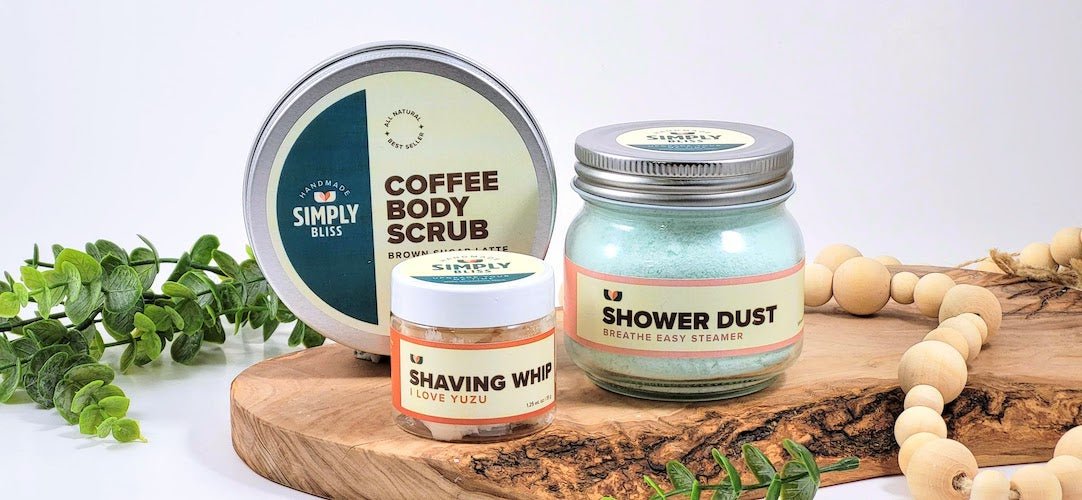When we first started Simply Bliss one of the questions we were asked was, “What are the antibacterial properties of your soap?” The answer -- none.
You may remember from our welcome email that different oils used in soap have different properties -- hardness, cleansing, conditioning, bubbly, and creamy. While our soap does not have antibacterial additives or properties it is high in cleansing, meaning it is good at removing oils and dirt from your skin.
Growing up I remember antibacterial soap being very popular. Then in 2016, the FDA banned the additives that are added to soap to make it antibacterial because they didn’t find antibacterial branded soaps to be more effective than non-antibacterial soap. The studies even found it can have negative effects, including issues in hormone regulation (in animal tests).
Antibacterial soap works by killing or inhibiting the growth of the bacteria. That includes the good bacteria your immune system uses to keep your body healthy. Over time this can decrease the effectiveness of antibiotics if you do get sick.
Normal soap, without antibacterial additives, works by mechanical action (aka rubbing your hands together). When I worked as a sanitation supervisor I had to go through training to clean food production equipment. In training, we learned that scrubbing and using high-pressure hot water are what really clean the equipment and not just the cleaning chemicals. Our instructor loved to tell us, “You can’t sanitize dirt.” The same process applies to washing your hands. The temperature of the water, the amount of time you take to wash, and the mechanical action of rubbing your hands together are what does the cleaning. The bacteria is not killed or prohibited from growing, but instead, the bacteria, oils, and dirt are released from your hands by the soap and then washed away in the water. For food production, the addition of sanitizer is used to prevent food-borne bacteria growth from happening during the 18-hour production day. For hand washing the sanitizing step is unnecessary because we wash our hands frequently enough throughout the day, rather than just once per 24 hours as a production line would be cleaned, so we don’t need to prevent bacterial growth and buildup.
"Consumers may think antibacterial washes are more effective at preventing the spread of germs, but we have no scientific evidence that they are any better than plain soap and water," said Dr. Janet Woodcock, director of the FDA's Center for Drug Evaluation and Research
Studies done comparing washing with antibacterial soap vs washing with plain soap and water showed that about the same amount of bacteria remained after washing. Use of antibacterial soap to remove bacteria is no more effective than non-antibaterial soap. But long term use of antibacterial soap decreases antibiotic effectiveness and causes superbugs. It is better for us to use non-antibacterial soap and help our bodies build immunity to the germs around us.
Some of this is based in my knowledge and training of sanitation, but you can also read more about the FDA’s ban in this article:
https://www.businessinsider.com/is-soap-containing-triclosan-better-than-regular-soap-2016-9
PC: Photo by Anastasia Nelen on Unsplash






